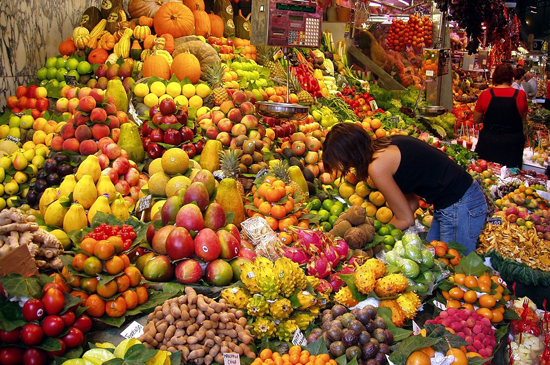Running and Friendly Links
Do you need an article or blog post written? I offer these services at reasonable rates. Hire Me!
Should Runners Diet?
Avoid Low-Carb Diets and Focus on Real Food


A lot of people start running to lose weight because running is one of the most effective ways to lose weight. However, runners frequently mix up their running schedules with diet schemes that are based on counting calories or figuring points or percentages of macronutrient consumption in the classifications of carbohydrate, fat, and protein.
The problem is that soon after some of these runners begin dieting, their running performance suffers. They experience lower energy levels, poor performance, and a continues sensation of sluggishness and malaise.
Don’t do Low-Carb Diets
Diets usually focus on reduced calories. The most detrimental to runners are low-carb diets. Carbs are your body’s principal fuel used in running. This results in runners struggling to feel and perform on the top of their game.
The important things to keep in mind is when to focus on carbs and what kind of carbs (taking the glycemic index into consideration). You need a good balance of carbs and protein within twenty minutes after finishing your workout. This will replenish your glycogen store. One of my favorites is homemade oatmeal flax seed bread.
If you cut excessive calories while you are in the training mode this can result in slower recovery cycles following long runs or speed workouts. To make matters worse, you might be unable to finish your key workouts. Also, your ability to handle a higher workload will be cut dramatically.
This is why traditional dieting just doesn’t work if you want to lose weight while running. However, there are several rules to follow that will help with weight loss while still consuming the fuel you need to train effectively.
Rather than keying in on caloric intake or specific macronutrients, simply follow these basic rules that will help you drop the pounds and still feel strong on your runs.
Weight Loss Guidelines for Runners
- Avoid excessive sugar. Although carbohydrates are your primary source of fuel, altogether too many runners dish up far too much simple sugars and processed carbohydrates on a steady basis.
If you are struggling with your weight, excess “bad” carbs in your diet could be your problem. Be wary of ingredients whose names end in “ose” such as fructose, sucrose, etc. Especially steer clear of high fructose corn syrup.
Practice limiting your dessert consumption. Also limit sports drinks; save them for replenishing your glycogen after a long run or rough workout. Avoid soda, and carb-laden fare that contains scant nutritional value.
This includes crackers, white overly-processed bread, white pasta, and plain bagels. You should instead concentrate on complex carbohydrates.
- Focus on minimally-processed food. The concept here is all about consuming nutrient-dense food items and eliminating as much as possible your consumption of highly processed foods.
Real foods are minimally-processed and include as few ingredients as possible. Some of these foods are quality cuts of meat (grass-fed if possible), veggies, organic fruit, beans, nuts, and whole grain selections such as wild rice and quinoa.
One good strategy is to eliminate processed food in your home. People who have adopted this strategy report that they end up craving more healthy food.
- Bump up your fruit and vegetable consumption. This one is a no-brainer but statistics show that most Americans do not get the recommended number of servings per day.
- Eat strategically. Back in the 60s and 70s the mantra was carbo-load, carbo-load, carbo-load. We now know that isn’t necessary. Save those big pasta feasts for before long runs and races.
Far more important is eating and drinking a balanced ratio of carbohydrates and proteins after each workout. This will replenish the glycogen you just expended and will fuel you up for your next workout. Chocolate milk contains just the right balance.
Once you make these changes you’ll start seeing the results within a couple of weeks. Keep in mind that if others in your home will not join you on this nutrition improvement journey, you will have to kick up your willpower a couple of notches. Instead of reaching for the potato chips, reach for your running shoes.
Visit Kelly's profile on Pinterest.
Recommended Related Articles
- The Glycemic Index is the Key to Energy and Endurance
- Smart Fueling Strategies for Your Next Marathon
- Body Fat Percentage Guidelines for Males and Females
- The Facts on Performance Enhancing Supplements Marketed to Runners
Did you find this article helpful? Thanks for supporting this free site with a small donation!
Website © 2010 KSmith Media, LLC; all rights reserved. Webmaster’s Google profile










